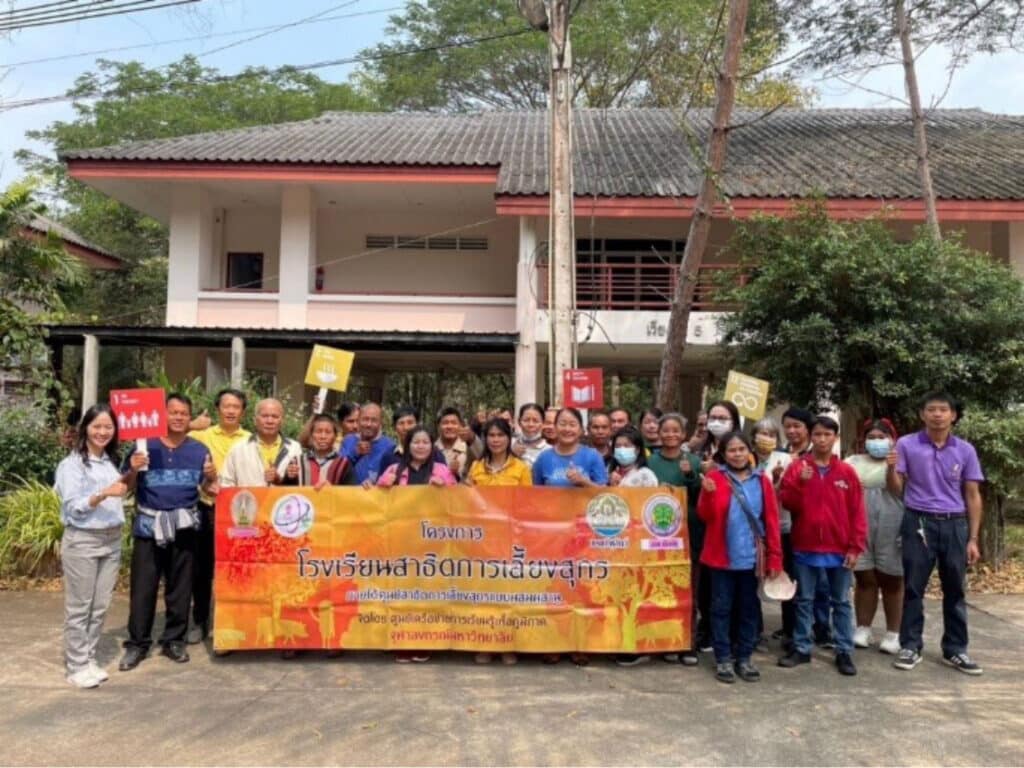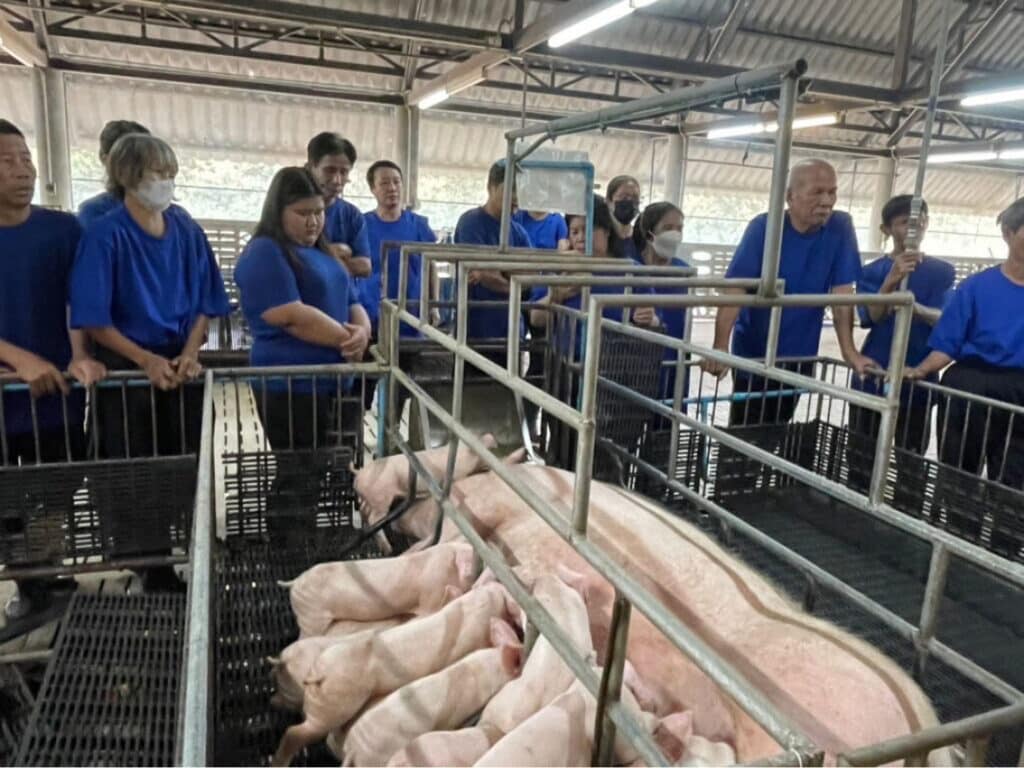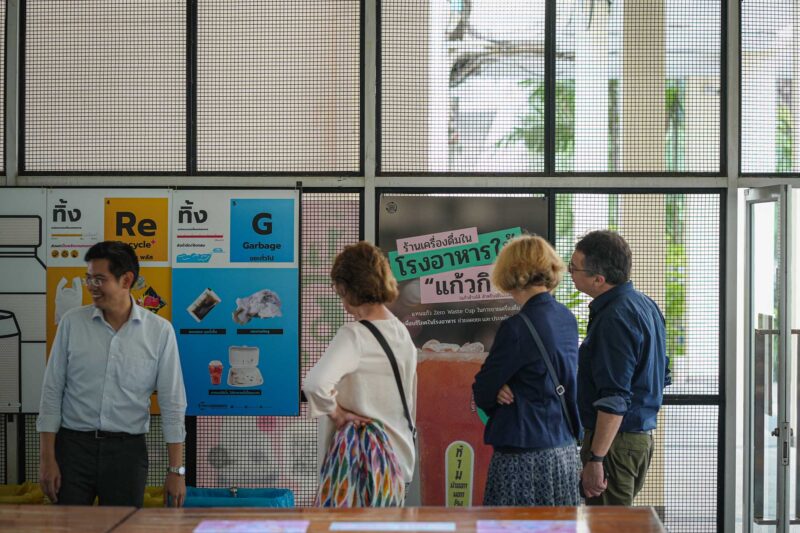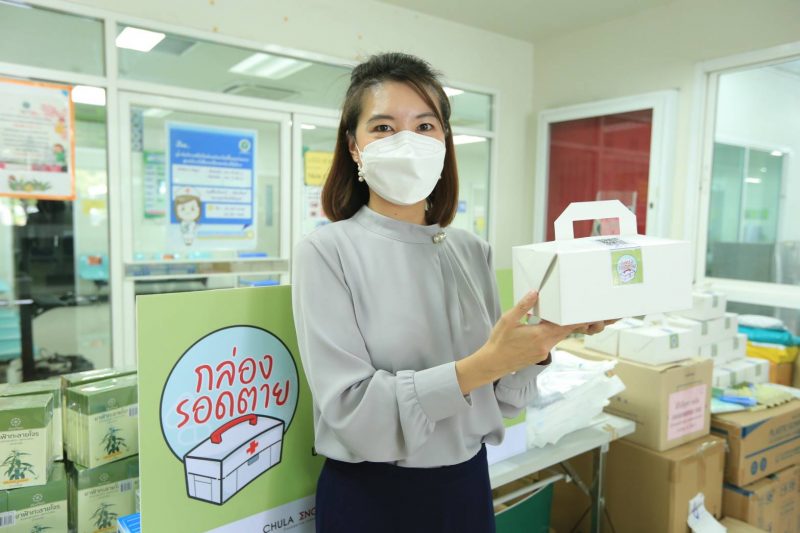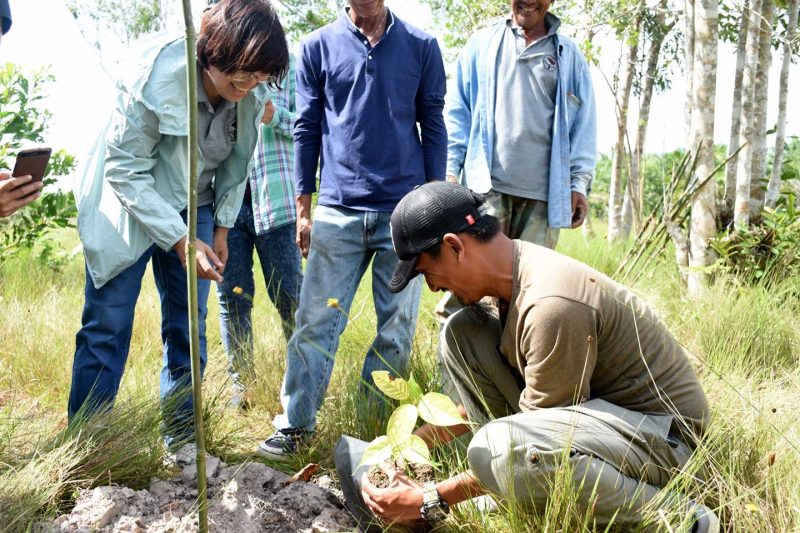The “Swine Semen for Artificial Insemination” for food security and household income generation
Photo by Oliver Sharp on Unsplash
“The Swine Semen Project for Artificial Insemination, initiated by the Center of Learning Network for the Region (CLNR), Chulalongkorn University, addressed the pork deficit in Nan province by promoting artificial insemination (AI) among small-scale farmers. The project tackled key challenges, including farmers’ reliance on costly natural breeding, lack of trust in new technology, and poor local pig semen quality. Recognizing challenges, the project established a premium boar semen production unit and a semen service center in Nan city, created farmer groups and mobile service units to build trust and acceptance, and built a demonstration school offered practical training on AI and relevant techniques. This project creates significant outputs and outcomes, including 163 trained farmers, 1,506 distributed semen doses, and facilitated the birth of 10,021 piglets, leading to cost reduction and increased income. This project also strengthens network of farmers and local livestock agencies, substantially improving farmers’ well-being in the region.”
[ https://www.youtube.com/watch?v=1Op1OAYsETc ]
The Swine Semen Project for Artificial Insemination was initiated to tackle food security challenges, including the pork deficit in regions such as Nan province, which relied on pig imports from other provinces. This resulted in the potential for animal disease outbreaks. Consequently, the Center of Learning Network for the Region (CLNR), Chulalongkorn University initiated this project by leveraging the research conducted by the Faculty of Veterinary Science, CU.
The main challenge of this project is to transform small-scale farmers’ pig breeding methods from natural breeding, which is frequently costly and susceptible to illness, to the adoption of artificial insemination technology, that involves complex procedures and has not yet gained widespread community acceptance. Moreover, there are constraints regarding the quality of pig semen and a lack of high-quality boars in the region, which require efficient quality control and technology transfer.
Consequently, the operational model of this project emphasizes the development of a comprehensive pig rearing process. This includes the establishment of a premium boar semen production unit, coupled with the training and dissemination of artificial insemination technology to local smallholder farmers. Farmer groups and mobile service units were established for consulting, enhancing trust and increasing community acceptability. A semen service unit was established in Nan city to provide farmers with convenient access to boar semen and related equipment. Moreover, a comprehensive pig farming demonstration school was established at Wiang Sa sub-district where CLNR’s technology transfer center is located. In the school, pig farming training course to enhance farmers’ knowledge and skills were conducted twice a year, covering necessary topics including “Basic Swine Farming, Pig Feed Production, Heat Detection, Artificial Insemination, and Semen Collection for Artificial Insemination.”
The project creates a significant and extensive impact on Nan and nearby provinces. In the budget year 2015, 163 farmers were trained, 1,506 semen doses were distributed, and 10,021 piglets were produced by farmers from 12 districts in Nan province and adjacent provinces. This led to cost savings for farmers from natural breeding and resulted in enhanced incomes and food security for farming households. It has supported a robust network of pig farmers who share their expertise and increase opportunities for learning and skill development. This project also established a network among local livestock rearing agencies, such as the Provincial Livestock Office, the District Livestock Office, the Hug Muang Nan Foundation, and local administrative organizations. Moreover, this project also enabled CU staffs and students to apply theoretical knowledge in practical contexts through academic consultations and on-farm works. In summary, this project promote sustainable development goals in diverse aspects, including poverty alleviation, hunger eradication, and lifelong learning, thus enhancing farmers’ well-being.
By Center of Learning Network for the Region, Chulalongkorn University
Related SDGs
Others

